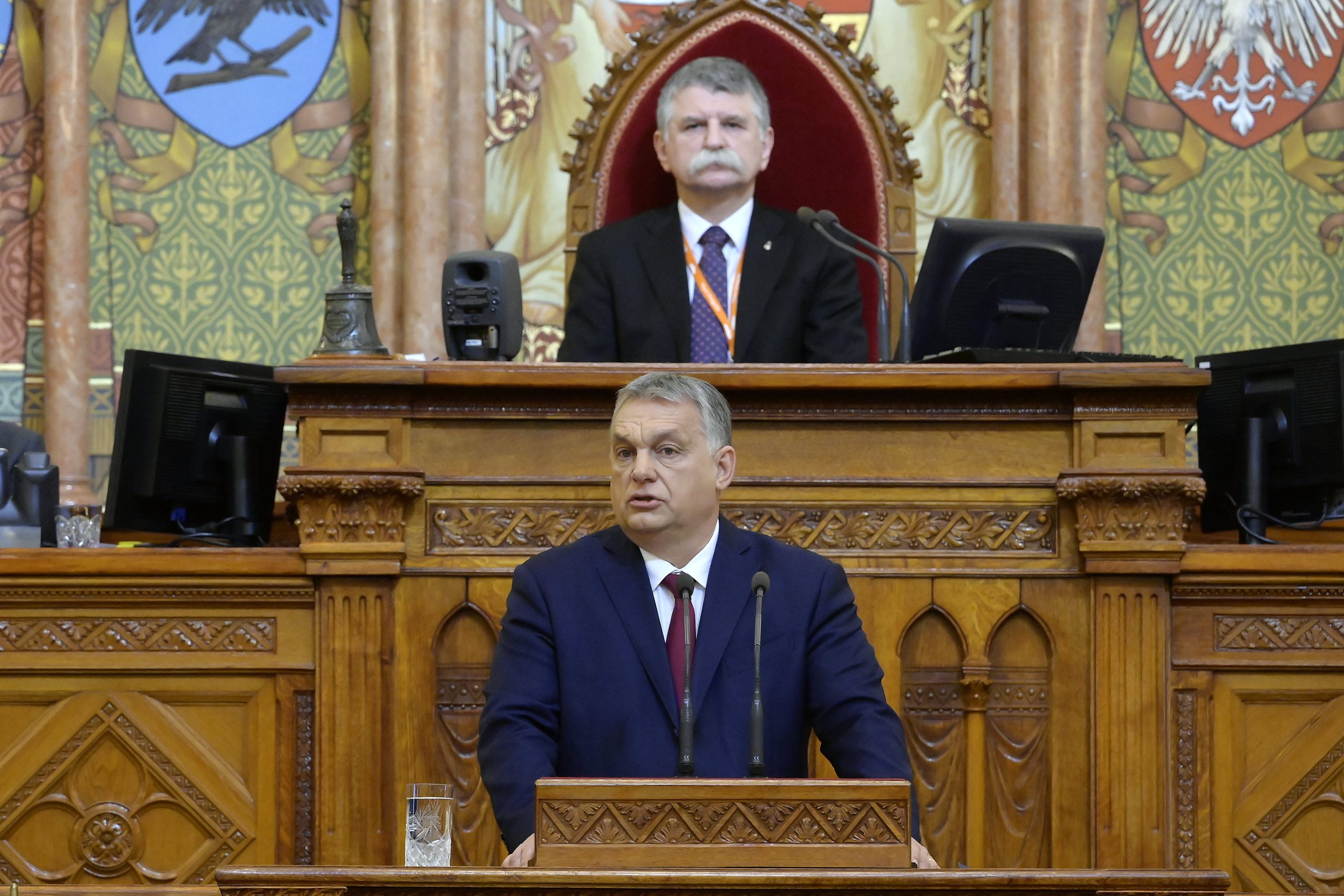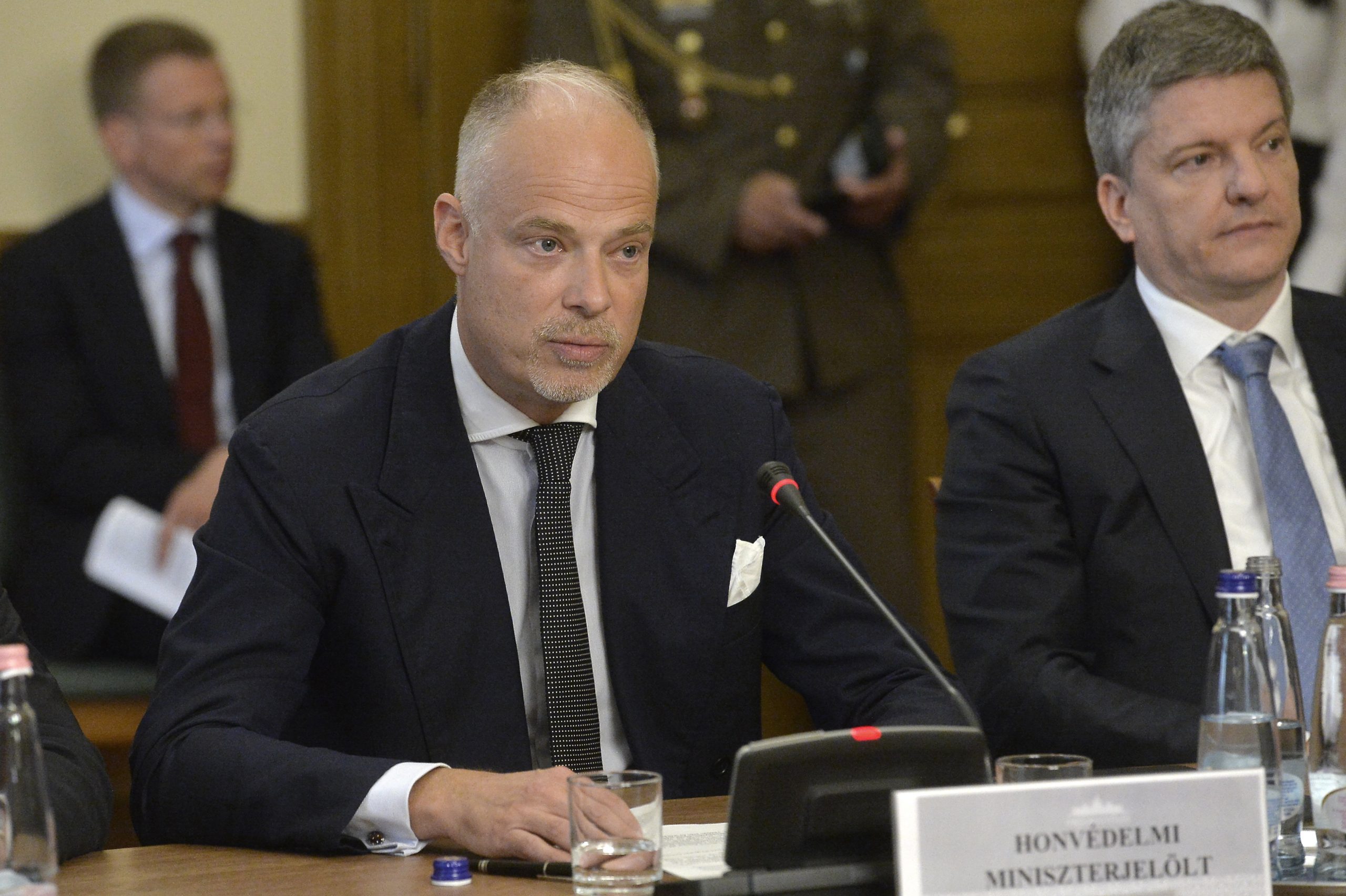
According to analyst Gergely Rajnai, the two most important short and medium-term challenges for the new government are the Russian-Ukrainian war and the inflation crisis.Continue reading

Hungary must continue to increase its defence capabilities in order to guarantee its security, Kristóf Szalay-Bobrovniczky, the candidate for defence minister, said in a hearing before a parliamentary committee on Wednesday.
Besides the war in Ukraine, Hungary must also pay attention to security challenges such as illegal migration, terrorism and cyber threats, Szalay-Bobrovniczky told parliament’s defence committee.
“We are on the side of peace; we don’t want to be part of the war,” he said. The duty of the Armed Forces of Hungary is to guarantee peace and uphold security, he said.
Szalay-Bobrovniczky noted that Prime Minister Viktor Orbán also told parliament earlier this week that ensuring the country’s peace and security were priorities.
If Hungary is not capable of defending itself because it is “weak” in terms of military technology and personnel, it could become a target, he warned.
Therefore the country must build a strong, confident, well-equipped and competent army, Szalay-Bobrovniczky said, adding that he intended to continue Hungary’s ongoing military development scheme. He underlined the need to increase the defence budget and continue the military development programme.
Szalay-Bobrovniczky also talked about the importance of offering soldiers a career model that makes it easy to join the military and return to society after service.
He said his background in diplomacy would make NATO and other international relations an important part of his job.
Asked about the possibility that the Honvéd military hospital could be overseen by the interior ministry under the new government, Szalay-Bobrovniczky said the new government structure would not go against NATO requirements or hurt the country’s military-health capabilities.
In response to another question, he said there was no conscription in Hungary, “and that’s how it will stay”.
Concerning military development, he highlighted the modernisation of individual equipment and air defence development as priorities.
The defence committee supported Szalay-Bobrovniczky’s nomination with six votes in favour and two against.
Addressing parliament’s national security committee, the candidate said that, in addition to the Russia-Ukraine war, Hungary will continue to face other security challenges.
The war in Hungary’s neighbourhood may last for several years, even in the next decade, Szalay-Bobrovniczky said.
Nor are migration pressure and the danger of terrorism things of the past, he said, adding that the “apparent lull” might signal a kind of reorganisation.
Szalay-Bobrovniczky said that NATO, which Hungary joined during Orbán’s first term as prime minister in 1999, is a “reassuring and secure point”, one that along with Hungary’s defence capabilities and determination provides sufficient defence.
NATO’s ongoing enlargement will strengthen Hungary as well, he said, adding that developing military diplomacy to effectively assert Hungary’s interests would be a priority.
The national security committee supported Szalay-Bobrovniczky’s nomination with four votes in favour and two abstentions.
Featured photo by Lajos Soós/MTI